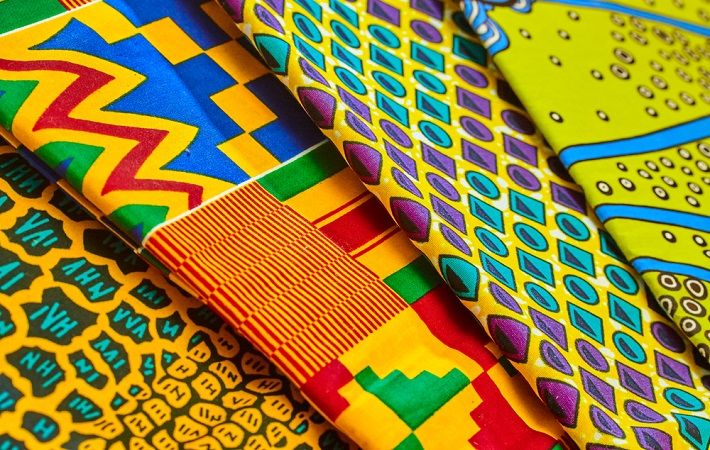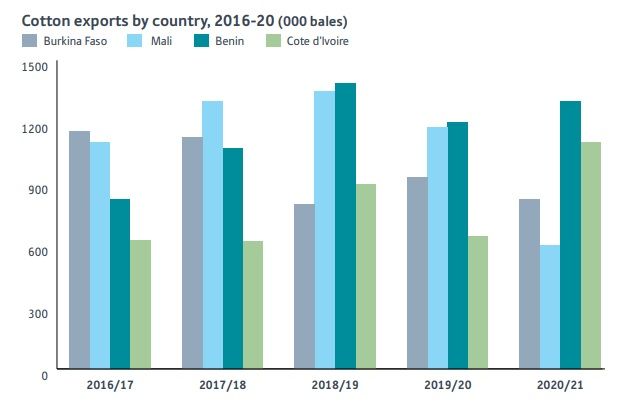

Pic: Oxford Business Group
“In a moment where the COVID-19 pandemic has disrupted supply chains, highlighting an increasing need to reduce global transports and companies’ carbon footprints, and with the entry into force of the African Continental Free Trade Area, this is a key moment to invest in the West African textile sector”, he said.
Karine Loehman, OBG’s managing director for Africa, said although textile manufacturing in West African countries remained largely focused on exporting raw cotton, a gradual shift towards producing finished items was taking shape.
“With its access to an abundance of raw material (CMIA Certified), competitive wages & strategic location, West Africa is well placed to develop its textile industry,” she said.
“Introducing value-added steps into the supply chain, such as spinning, weaving, dyeing, printing, finishing & garments, will provide local economies with a significant boost, while also helping to reduce imports from the Asian markets,” she added.
Titled ‘West Africa Textiles and Garments’, the report provides in-depth analysis of the industry’s history and prospects for development, together with the challenges it faces.
The report says sustainable, value-added economic activities among local communities in the region could contribute to Africa’s efforts to reduce carbon emissions and tackle climate change at a time when environmental, social and governance (ESG) issues have become a top priority.
Fibre2Fashion News Desk (DS)